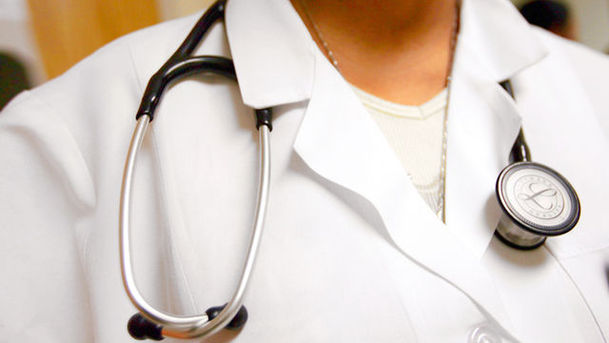Check Up - Weight and Diet

In this edition of Check Up, Barbara Myers puts callers' questions about weight and diet to GP Ann Robinson. There are plenty of stories in the media about the obesity timebomb which is threatening to go off in Britain. But while many of us know that we need to lose weight, doing something about it is a different matter. The best way to lose weight is to eat fewer calories, and take more exercise. It's important to be realistic about the amount of weight you're likely to lose - a pound a week is a realistic target. Joining a slimming group or finding a friend to exercise with can help keep you motivated. For people who need more help, especially those who have a body mass index (BMI) of 30 or over, may be prescribed drugs to help with weight loss. The two drugs most widely prescribed are Orlistat, which stops you absorbing fats so that they come out in your stool, and Reductil, which reduces cravings. A controversial new drug, Rimonabant, was also just approved for NHS use in England and Wales in 2008. Rimonabant has proved to be effective in helping people lose up to 10% of their body weight, but has been linked to an increased risk of depression and suicide. Doctors have been advised not to prescribe it to people with a history of depression, and not before other obesity drugs have been tried. Surgery, such as gastric banding or gastric bypass surgery, has been in the news a great deal recently. Doctors will only suggest surgery when all other methods of weight loss have been fully exhausted, and the patient must receive counselling and be free of psychological issues. Bariatric surgery is rarely available on the NHS, and can cost several thousand pounds privately.